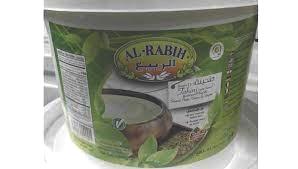 Outbreaks of multiple serotypes of Salmonella have been reported in the E.U., the U.S. and Canada attributed to imported Mediterranean foods. To date, six cases of S. Mbandaka have been diagnosed in patients who reported eating imported tahini and halva imported from Syria. In Canada, eight cases of either S. Mbandaka or S. Havana have been diagnosed over the past three years. The situation in Europe is more serious with 121 diagnosed cases involving six serotypes in five nations. Investigations demonstrated that sesame seed, the main ingredient of tahini was in all probability the contaminated ingredient, resulting in infection of consumers of prepared Mediterranean foods.
Outbreaks of multiple serotypes of Salmonella have been reported in the E.U., the U.S. and Canada attributed to imported Mediterranean foods. To date, six cases of S. Mbandaka have been diagnosed in patients who reported eating imported tahini and halva imported from Syria. In Canada, eight cases of either S. Mbandaka or S. Havana have been diagnosed over the past three years. The situation in Europe is more serious with 121 diagnosed cases involving six serotypes in five nations. Investigations demonstrated that sesame seed, the main ingredient of tahini was in all probability the contaminated ingredient, resulting in infection of consumers of prepared Mediterranean foods.